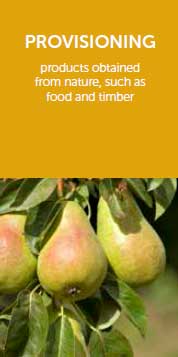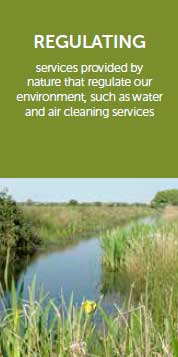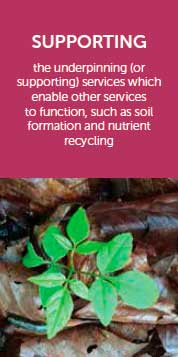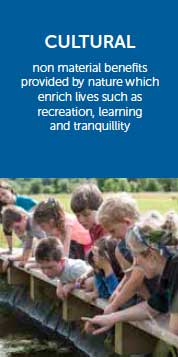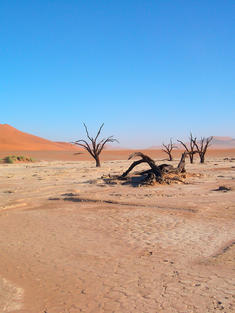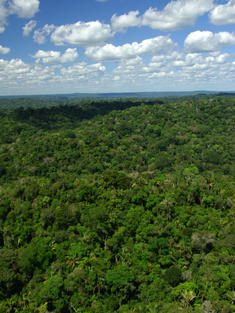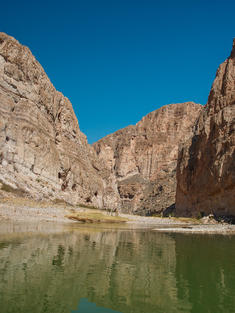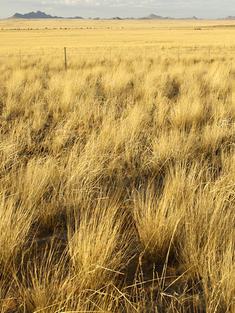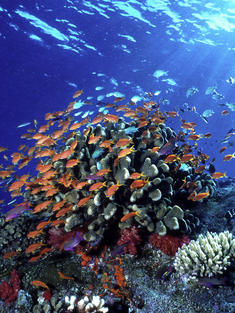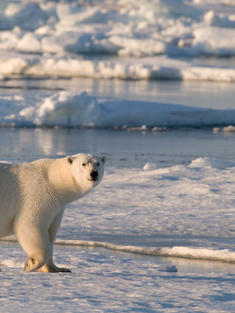Ecosystem services are the numerous and diverse benefits that people openly benefit from the natural surroundings and also from properly-functioning ecosystems. Such ecosystems contain, by way of instance, agroecosystems, forest ecosystems, grassland ecosystems and aquatic ecosystems. These ecosystems working properly supplies such matters such as agricultural produce, lumber, and aquatic organisms including fishes and fishes. Together, these advantages have become called'ecosystem services', and are frequently essential to the provisioning of fresh drinking water, the decomposition of wastes, as well as also the natural pollination of plants and other crops. Supporting services comprise services like nutrient cycling, primary production, soil formation, habitat supply and pollination.
Habitat conservation for wild species is among the most crucial problems facing the environment today - both in the sea and on land. As human populations increase, land usage grows, and wild species have smaller distances to call house. Over fifty percent of all Earth's terrestrial surface was changed because of human activity, leading to extreme deforestation, erosion and loss of topsoil, biodiversity loss, and even extinction. Species can't survive out their normal habitat with no human intervention, like the habitats within a zoo or aquarium, such as. Maintaining habitats is vital to maintaining biodiversity. Migratory species are especially vulnerable to habitat destruction since they have a tendency to occupy more than a natural habitat. Changing a natural habitat slightly may bring about a domino effect that hurts the whole ecosystem.

